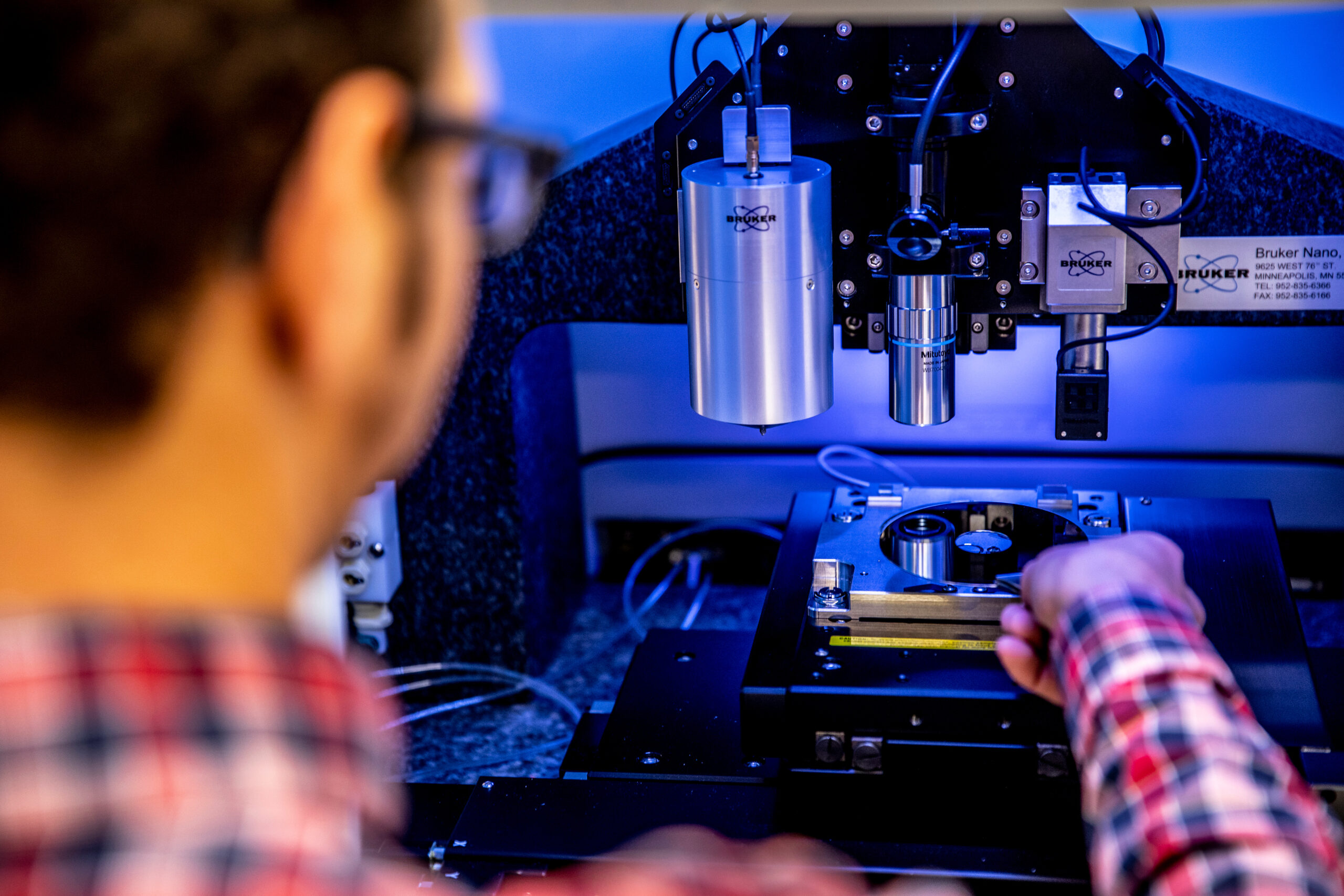Partner: Elizabeth Phillips
SSEC Engineer: Anshul Tambay, Anuradha Ramachandran, and Eric Xue
Research Goals and Domain
Hydrogenases are a group of enzymes that catalyze the reversible reduction of protons to hydrogen. They are extremely efficient, with turnover frequencies that rival the most efficient metal catalysts (Pt or Pd), using earth abundant metals (Ni or Fe) at their active sites. As such, hydrogenases have attracted attention as inspiration for catalyst design in scaled-up alternative fuel development. FTIR spectroscopy is a key tool to understand aspects of hydrogenases that contribute to their high reactivity and inform catalyst design for small molecule activation, with implications for scaled-up hydrogen energy.
Software Problem
The researchers were dependent on the proprietary softwares OPUS and Origin to process their FTIR spectroscopy data, with the processing of one sample one taking ~ 1.5 labor hours. Given the large numbers of samples from a single experimental run, such delays can impede progress.
Software Solution
SSEC worked with researchers from Oxford University’s Vincent Research Group to create ProSpecPy, a fully modular Python package which allows researchers to upload their data and process samples using Jupyter Notebooks. All the batched steps common across samples are done automatically and the user can input preferences for each individual sample as necessary. The team also introduced GitHub Codespaces for streamlined development.
Impact
Sample processing time was cut from 1.5 hours to 15 minutes, resulting in a nearly 78% decrease in delays. The team’s throughput increased, and they no longer rely on cumbersome GUIs tied to local machines for their workflows.

